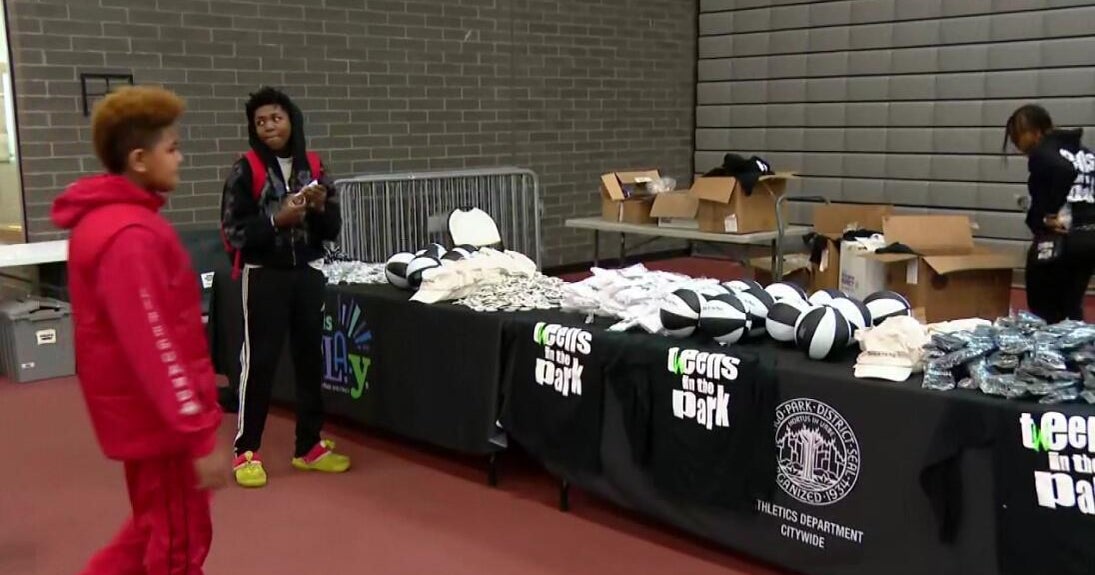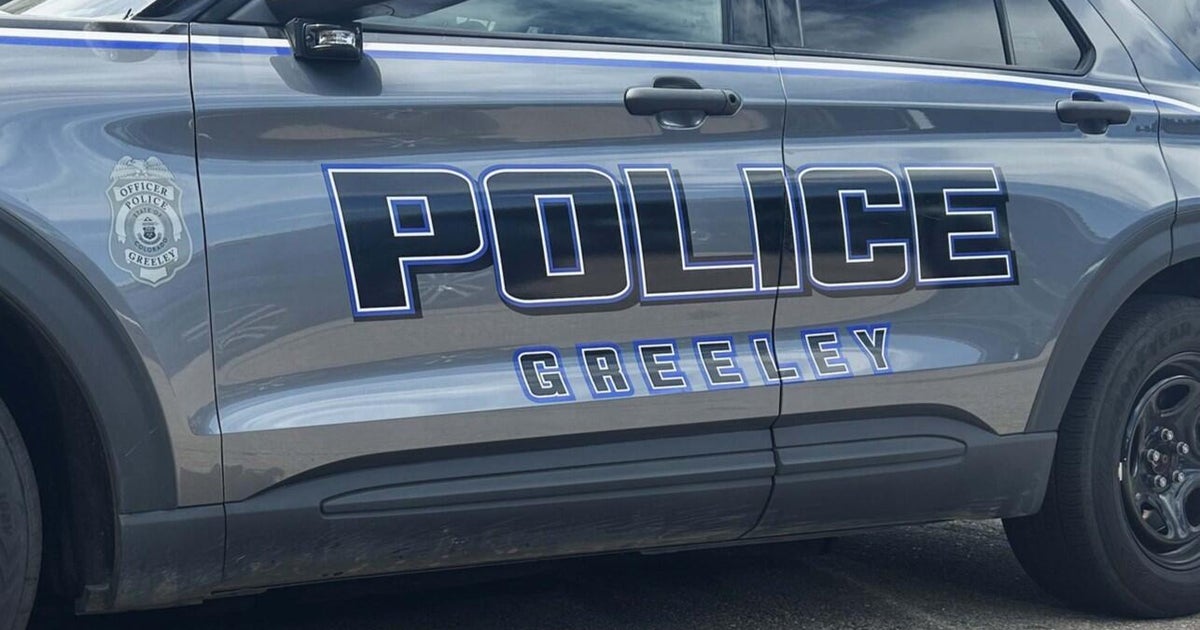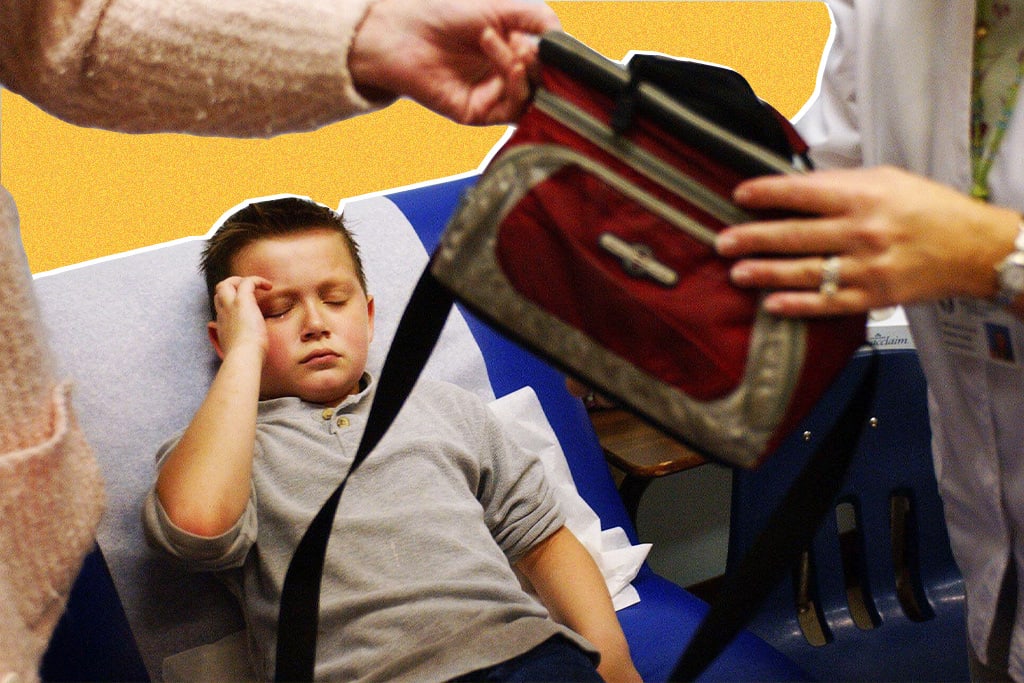Are you financially smarter than a 15-year-old?
America's teenagers don't particularly excel at financial literacy, but their parents and elders may be no better.
Given that only 17 U.S. states require high schools to provide basic financial education, most American kids either learn from their parents or must educate themselves. Unfortunately, their parents may not be much help, given that fewer than four in 10 American adults are considered to have high financial literacy, according to the National Financial Capability Study.
America's teens have received a middling grade on a recent assessment of financial literacy from the Organisation for Economic Co-Operation and Development (OECD). Its test gauged the financial abilities of 15- and 16-year-olds from 15 countries and economies, including China and Russia, given that teens are on the cusp of entering the workforce or higher education, where they'll need to understand everything from student loans to their pay stubs.
"Financial literacy isn't just about managing a bank account, but it's about how do you manage in an increasingly volatile world," said Andreas Schleicher, the education director of the OECD. "Many of those high school students will go to college and will have to pay back loans. If they don't have those kinds of financial skills, you will be in a difficult situation."
One in five U.S. teens failed to meet the baseline of financial literacy, which means at best they'll be able to make simple decisions on everyday spending or identify financial products, the OECD said.
Only one in 10 American teenagers received the top ranking for financial literacy, which means they can analyze complex financial products and understand the broader financial landscape.
American teenagers scored below their peers in six other countries, including China and Russia, the OECD found. Only one in 10 American teens earned a top ranking for financial literacy, compared with one out of three Chinese teens.
Read on to take four sample questions from the teen financial literacy test, which included both multiple-choice questions and constructed responses.
How do you handle bank security?
Question 1:
David banks with ZedBank. He receives this e-mail message:
Dear ZedBank member--There has been an error on the ZedBank server and your internet login details have been lost. As a result, you have no access to Internet banking. Most importantly your account is no longer secure. Please click on the link below and follow the instructions to restore access. You will be asked to provide your Internet banking details. https://ZedBank.com/
Which of these statements would be good advice for David? Circle "Yes" or "No" for each statement.
- Reply to the email message and provide his internet banking details. Yes / No
- Contact his bank to inquire about the email message. Yes / No
- If the link is the same as his bank's website address, click on the link and follow the instructions. Yes / No
Internet banking security
If you answered no, yes, no, you got a passing mark for question 1.
The OECD says the question is designed to evaluate how well students understand the risks of banking fraud. Such error messages are often "phishing" scams to lure consumers to fake websites, where scammers collect logins and passwords. The question doesn't ask students to perform a numerical operation, but to judge which piece of advice would be considered good advice.
Insurance basics
Question 2:
Last year, Steve's motorbike was insured with the PINSURA insurance company. The insurance policy covered damage to the motorbike from accidents and theft.
Steve plans to renew his insurance with PINSURA this year, but a number of factors in his life have changed since last year. How is each of the following factors likely to affect the cost of Steve's motorbike insurance this year? Circle "Increases cost," "Reduces cost" or "Has no effect on cost" for each factor.
- Steve replaced his old motorbike with a much more powerful motorbike. Increases cost / Reduces cost / Has no effect on cost
- Steve has painted his motorbike a different color. Increases cost / Reduces cost / Has no effect on cost
- Steve was responsible for two road accidents last year. Increases cost / Reduces cost / Has no effect on cost
Evaluating risk
If you answered increases cost, has no effect on cost, increases cost, you received a passing mark to question 2.
This question tests whether teens understand that higher risk translates into more expensive insurance costs. It measures how teenagers understand risk and rewards, since insurance is designed to protect consumers from risk and losses that they wouldn't normally be able to cover out of pocket.
Judging loans
Question 3:
Mrs. Jones has a loan of $8,000 with FirstZed Finance. The annual interest rate on the loan is 15 percent. Her repayments each month are $150. After one year Mrs. Jones still owes $7,400. Another finance company called Zedbest will give Mrs. Jones a loan of $10,000 with an annual interest rate of 13 percent. Her repayments each month would also be $150.
What is one possible negative financial consequence for Mrs Jones if she agrees to the Zedbest loan?
Consequences of more debt
Possible answers for question 3 include:
• Mrs. Jones will owe more money.
• Mrs. Jones will be unable to control her spending.
• Mrs. Jones is going deeper into debt.
Teenagers are asked to weigh the difference between two loans and to demonstrate an understanding of why taking a bigger loan may have negative outcomes.
Understanding a paycheck
Question 4:
Each month, Jane's employer pays money into her bank account. This is Jane's pay slip for July.
EMPLOYEE PAY SLIP:
Jane Citizen, position: manager, July 1 to 31
Gross salary: $2,800
Deductions: $300
Net salary: $2,500
Gross salary to date this year: $19,600
How much money did Jane's employer pay into Jane's bank account on July 31?
A. $300
B. $2,500
C. $2,800
D. $19,600
Pay in the real world
Answer to question 4: $2,500
Students are asked this question because many might not be familiar with paychecks, yet will need to understand the difference between gross and net pay when they begin working.












